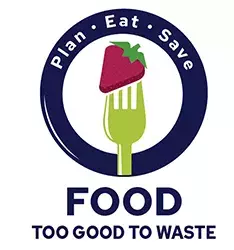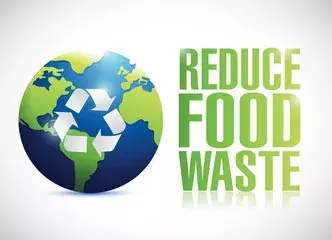2023 Food Waste Reduction Challenge Overview

Although the Saint Paul challenge has ended, residents can still view the many resources to learn more about food waste and how to prevent it!
The Saint Paul Food too Good to Waste program was an online food waste prevention challenge for Saint Paul residents. Every week, participants received tips, tools, and guidance to help reduce food waste, save time, money, and the environment!
It was a flexible course and happening at your own pace, activities took about take about 1-2 hours per week. To track progress, each household collected and weighed their food waste each week.
All materials are also available on this website.
- Takeaway 1: Smart Shopping Ways to reduce waste before and during shopping
- Takeaway 2: Smart Storage How to store fruits and veggies to extend their lifespan and quality
- Takeaway 3: Smart Prep Ways to prep vegetables to minimize waste
- Takeaway 4: Smart Saving Eat what you buy to save money and resources
- Takeaway 5: Smart Disposal Compost food scraps to reduce negative environmental impacts
